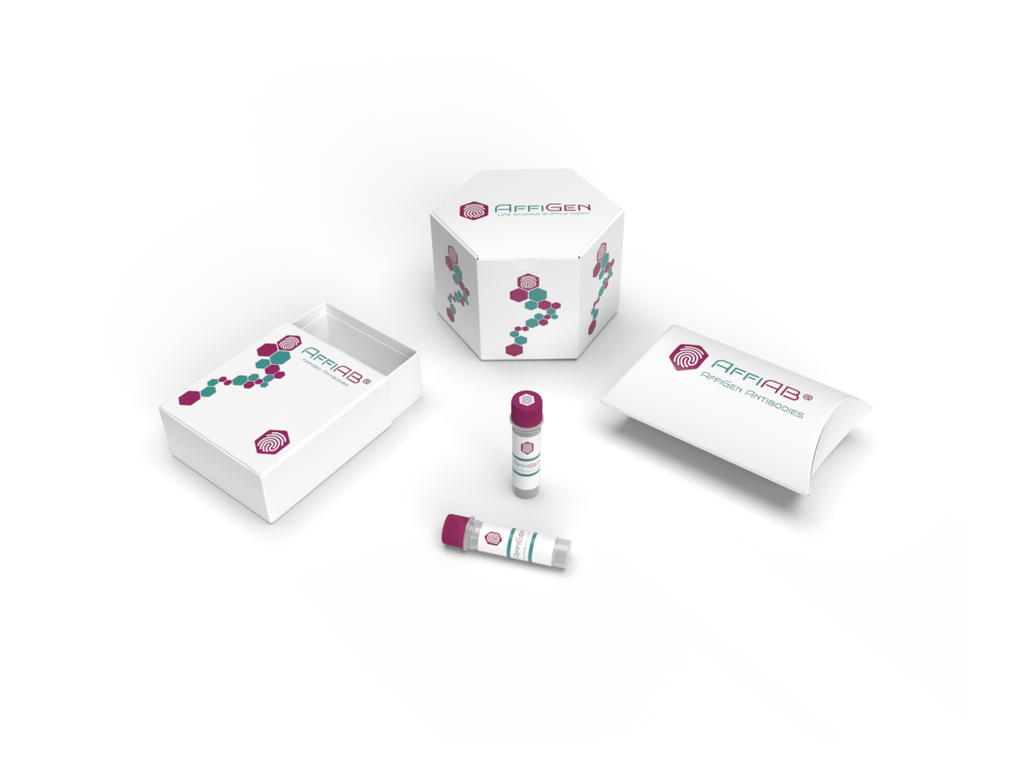AffiAB® Anti-KCNK2 Antibody
Ion channel that contributes to passive transmembrane potassium transport. Reversibly converts between a voltage-insensitive potassium leak channel and a voltage-dependent outward rectifying potassium channel in a phosphorylation-dependent manner. In astrocytes, forms mostly heterodimeric potassium channels with KCNK1, with only a minor proportion of functional channels containing homodimeric KCNK2. In astrocytes, the heterodimer formed by KCNK1 and KCNK2 is required for rapid glutamate release in response to activation of G-protein coupled receptors, such as F2R and CNR1 (By similarity) .
Antibody type
Rabbit polyclonal Antibody
Uniprot ID
SwissProt: O95069 Human; SwissProt: P97438 Mouse; SwissProt: Q920B6 Rat
Recombinant
NO
Conjugation
Non-conjugated
Host
Rabbit
Isotype
IgG
Clone
N/A
KO/KD
N/A
Species reactivity
Human, Mouse, Rat
Tested applications
WB, IHC-P, FC
Predicted species reactivity
N/A
Immunogen
Synthetic peptide within Human KCNK2 aa 7-56 / 426.
Storage
Store at +4°C after thawing. Aliquot store at -20°C. Avoid repeated freeze / thaw cycles.
Form
Liquid
Storage buffer
1*PBS (pH7.4) , 0.2% BSA, 50% Glycerol. Preservative: 0.05% Sodium Azide.
Concentration
1 mg/ml.
Purity
Immunogen affinity purified.
Signal pathway
N/A
Recommended dilutions
WB: 1:500-1:1000
; IHC-P: 1:50-1:200
; FC: 1:50-1:100
Molecular Weight
47 kDa
Subcellular location
Cell membrane, Endoplasmic reticulum.
Positive control
Rat brain lysates, rat adrenaline tissue, human liver tissue, human kidney tissue, mouse brain tissue, A549.
